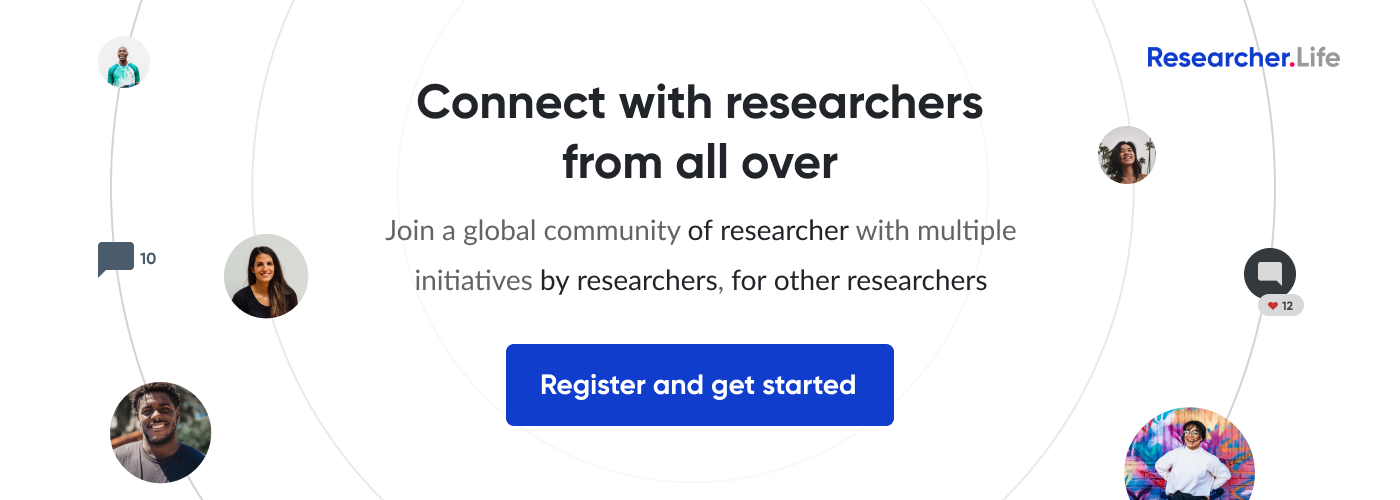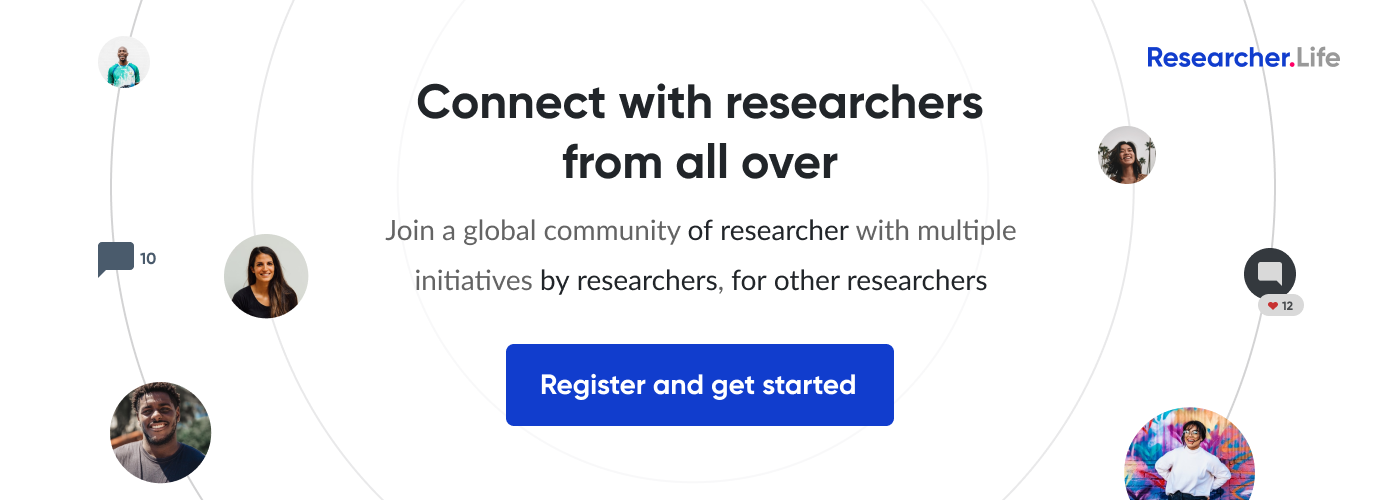Groundwork to do before choosing your PhD supervisor and organization

Choosing a PhD supervisor and organization is a crucial decision that will determine your academic and professional trajectory. Importantly, this decision will also have a direct influence on your personal and mental wellbeing during the arc of your PhD. Before making a final decision, it is important to carefully weigh various factors to ensure that the PhD program, supervisor, and organization align with your academic and career goals. Here, we provide some basic dos and don’ts that PhD candidates should consider before narrowing down where and with whom to do a PhD.
Finding the right research organization
Identify your interests and goals and seek the right fit
Be clear about your research interests and career goals, as this will help you focus your search. Look for PhD programs that specialize in your research interests and are accredited by recognized academic bodies. Be sure to find out various program requirements well in advance. Some PhD programs may have minimum requirements for finishing a thesis; find out how many publications are expected. Pay attention to the duration of the program to make sure that it aligns with your academic and personal goals.
Consider location and logistics
Reflect on the logistics of pursuing a PhD, such as location, cost of living, and accessibility. Assess options for support and accommodation. Reach out to current PhD students to get details on travel, basic facilities, expenses, etc. Will your stipend cover major costs and leave enough for you to have a comfortable stay?
Thoroughly vet the quality of research
Carefully consider research areas, publications, collaborations, and funding sources in potential research organizations that align with your research interests. Review the mission, vision, and values of these organizations. If your field of study requires a certain type of setup, find out more about the availability of equipment and specialized research facilities, as well as partnerships with other academic institutions.
Get a feel of the research environment and culture
PhD candidates may not initially pay attention to the research environment and culture of potential research organizations. It is important to review points like the level of support and mentorship provided by researchers, the level of collaboration and communication among researchers, and the overall culture of the organization. Here are some questions you should seek answers to: What do current researchers feel about the work–life balance? Is childcare support provided? What is the general perception of diversity, inclusion, and equity on the campus? Do underrepresented groups feel safe and welcome?
Finding the right PhD supervisor
Understand the work they do
Identify potential supervisors who have expertise in your field of interest. Check their publication records and research interests from research group websites, publication profiles, and their students’ theses. Try and find out about past supervision experience to assess if they are the right fit for you.
Attend events and seminars
Attend events, workshops, and seminars organized by the PhD program and organization. Doing so can provide valuable insights into the research interests of the supervisor and their group. This experience will give you an idea about how favorably disposed the prospective supervisor is in terms of taking on a new student and working on a topic of your interest.
Talk to the potential supervisor’s PhD students
Reach out to current and past PhD students to learn about their experiences, challenges, and opportunities. Try and collect as much feedback as you can from as many sources possible.
Avoiding common mistakes when choosing a prospective research organization and supervisor
Mistake no. 1: Giving much weightage to fame
Many students tend to select supervisors based on their fame (say, based on awards or a high H-index) rather than the suitability of the student-supervisor match. Remember that a supervisor’s reputation does not guarantee a successful PhD experience. In fact, you may struggle to schedule regular meetings with a celebrated researcher!
Mistake no. 2: Not prioritizing research interests
Many students select supervisors without considering whether their research interests match those of the supervisor. It is essential to work with a supervisor whose research interests match your own to ensure a productive and satisfying PhD experience.
Mistake no. 3: Overlooking interpersonal skills
While technical expertise is paramount, interpersonal skills are equally important. A supervisor who is approachable, communicative, and supportive can make a huge difference in your PhD experience. Do not disregard this key factor in your selection process.
Some best practices to follow when choosing your research milieu
Dig into the potential supervisor’s work: Carefully review their publications, grants, and collaborations to ensure that they have the necessary expertise and funding to support your research.
Get opinions from multiple sources on the supervisor’s interpersonal skills: It is essential to have an open and honest relationship with your supervisor. Their communication and interpersonal skills should be assessed based on inputs from their current and past mentees, colleagues, laboratory staff, etc.
Focus on compatibility in working style: Shared interests may not be enough. Do you share a similar working style with your potential supervisor? Do a quick self-assessment: what kind of a student are you? Do you need constant feedback and some level of handholding? Or are you independent and like doing things your own way (i.e., you prefer a detached supervision style)? Having similar approaches to work and problem-solving will be easy on both the PhD student and supervisor!
In closing
Choosing where and with whom to do your PhD is a decision that will determine the course of the next few years, professionally and personally. It is also one of the key factors that will have a bearing on your mental health. It’s a decision you (hopefully!) get to make just once, so take your time and choose wisely!
Comments
You're looking to give wings to your academic career and publication journey. We like that!
Why don't we give you complete access! Create a free account and get unlimited access to all resources & a vibrant researcher community.














